Lesotho
A devastating health crisis is unfolding in the mountainous kingdom of Lesotho for citizens living with HIV.
In the wake of massive United States cuts to foreign aid, women are being forced to trek for hours with their babies only to find essential testing unavailable.
Health clinics, once vital lifeline for the most vulnerable, are shutting their doors and many staff are being laid off.
Unpaid nurses and other workers have been using informal networks to reach isolated communities, where people struggle to get care that had become regular.
"We are afraid that a lot of people are going to default on their treatment due to walking long distances," said nurse Palesa Khateane.
She works at the Lejone health centre that serves people from isolated mountain villages and said she fears that after defaulting, they will infect a lot of people, and cases will increase.
Another nurse at the centre, Lipuo Makhatlile Maseela, said the aid cuts means there is no longer an HIV counsellor, somost patients are not being tested.
Despite much progress over the years, there are still an estimated 260,000 HIV-positive people living in Lesotho.
When President Donald Trump froze foreign assistance and dismantled USAID in January this year, chaos and confusion followed in the country.
More than nine months later, there is still little clarity.
Much of Lesotho’s system to treat HIV-positive people is crumbling, and experts are sounding alarms, even as some US-funded programmes are temporarily reinstated.
Local officials have applauded the move. But the measures are temporary solutions that stress that countries must move toward autonomy in public health.
Lesotho has long had the world’s second highest HIV infection rate.
But over the years, with nearly $1 billion in US aid, it made notable progress and hit key milestones in its fight against the epidemic.
"Lesotho is one of seven countries that have reached the 95-95-95 treatment targets and that is huge progress," said UNAIDS Lesotho country director, Pepukai Chikukwa, whose job is one those that have been cut.
That means 95 per cent of people living with HIV to know their HIV status, 95 per cent of those diagnosed to be on sustained antiretroviral therapy (ART), and 95 per cent of those on ART to have a suppressed viral load.
This put Lesotho on track to meet its target in the United Nations Programme on HIV/AIDS (UNAIDS) strategy to help end the AIDS epidemic by 2030.
The US State Department says its six-month bridge programmes will ensure continuity of lifesaving efforts.
But HIV-positive residents and former health workers said the chaos that has reigned this year has caused irreparable harm.
Lesotho’s health officials added that the cuts would lead to increased transmission, more deaths, and higher health costs.
The chairperson of Lesotho’s legislative health committee, Mokhothu Makhalanyane, said the impact was huge, estimating the country was set back at least 15 years.
Experts with UNAIDS warned in July that up to four million people worldwide would die if funding was not reinstated.
US State Department officials are reportedly working with Lesotho on a multiyear agreement on funding.
Those negotiations will likely take months, and while programmes may have been reinstated on paper, experts say restarting them on the ground takes considerable time.





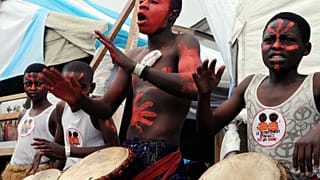

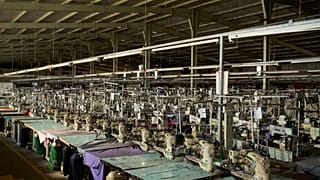
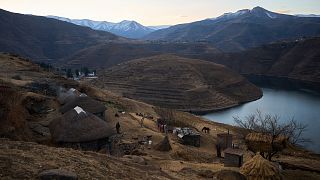
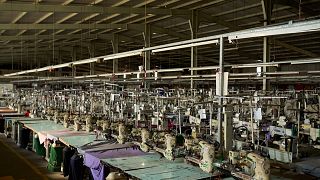
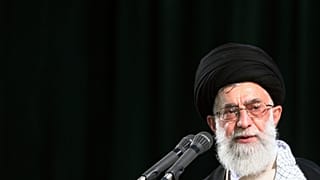
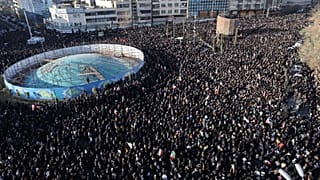
01:02
Iran fires back at Israel, U.S. bases after attacks
01:11
South Africa: U.S. aims to process 4,500 refugee applications each month
00:05
'I did not know Jeffrey Epstein,' Hillary Clinton tells congressional committee
02:16
Kenya rolls out twice-yearly HIV prevention shot in Nairobi slum
01:48
Iran warns US: choose 'table of diplomacy' or face 'firm blow'
01:40
Trump paints rosy picture of US in record-long State of the Union speech